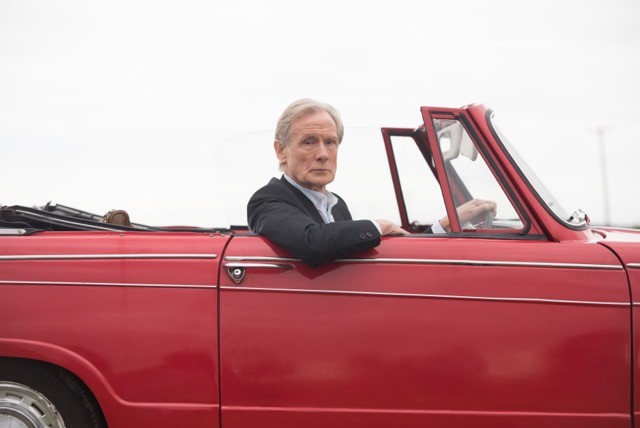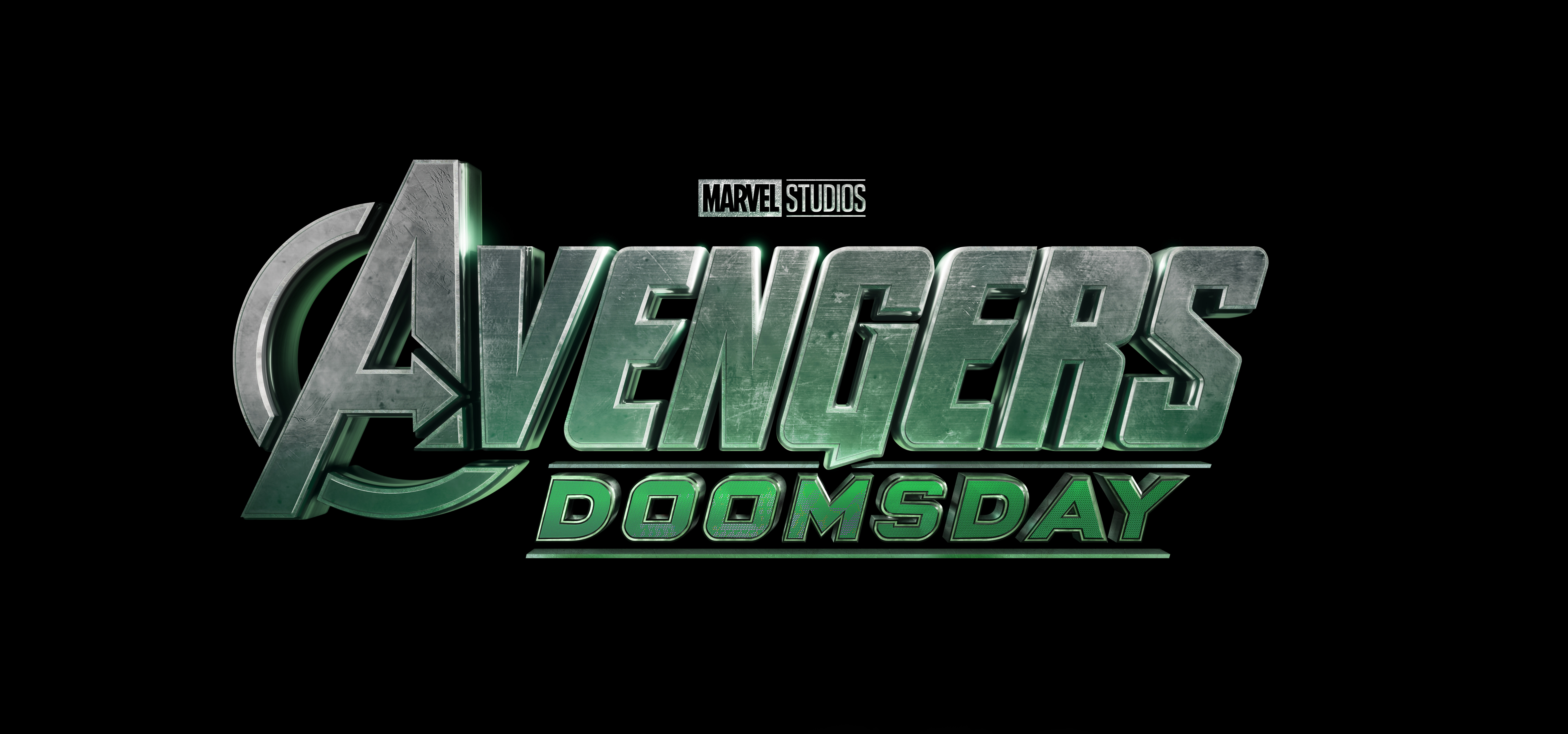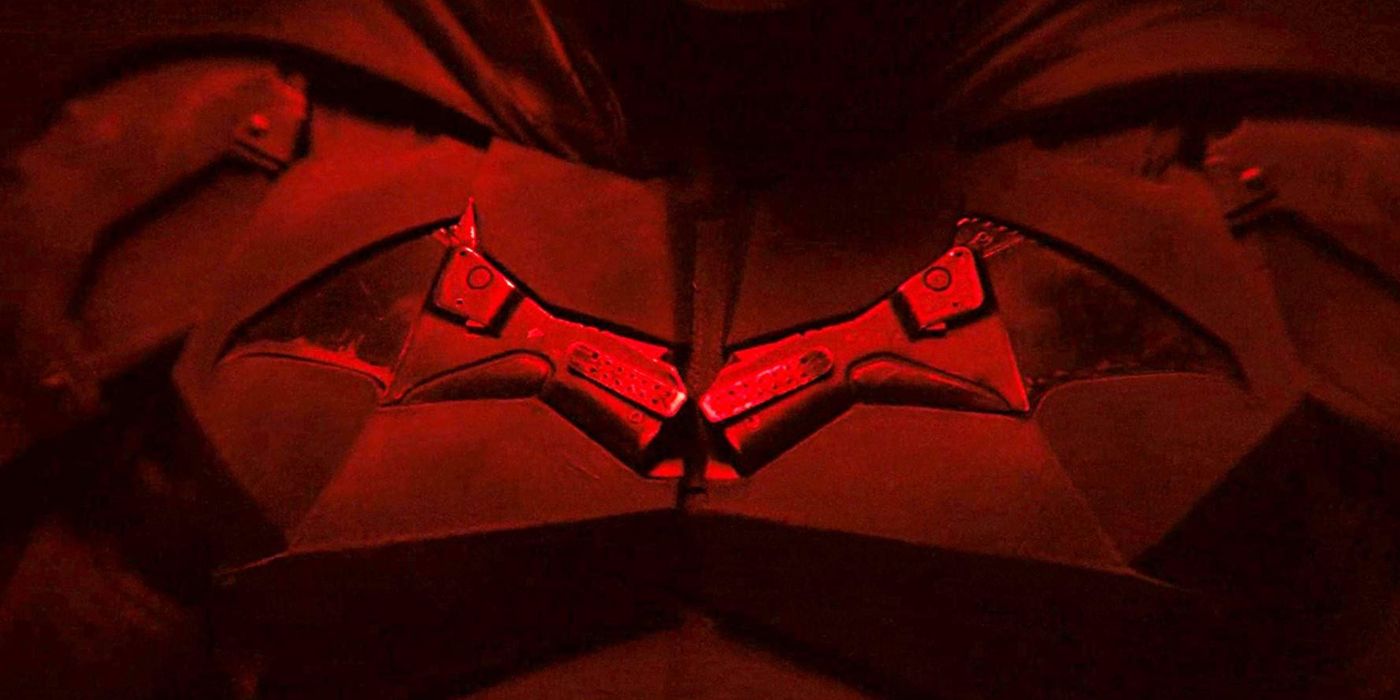Sometimes Always Never is a comedy-drama film, directed by Carl Hunter and written by Frank Cottrell Boyce. The film focuses on a classic board game Scrabble, and how it can ruin and shape a family. Famed actor Bill Nighy leads a strong cast about how one man can repair his relationship with his son with the classic board game. I was able to speak with director Carl Hunter and discussed the challenges and simplicity of making this movie.
Nancy Tapia: Well, Carl, let’s discuss a little bit about Sometimes Always Never. I loved the dialogue, the little thoughtfulness in a lot of the scenes that connected. I’m wondering what attracted you to be a part of it?
Carl Hunter: Well, Sometimes Always Never started life as a short story written by Frank Cottrell Boyce, which was originally called Triple Word Score, which I loved. Frank and I are old friends. And I’ve worked with Frank on numerous projects as a director, a photographer, and a composer. So I’ve a very multimedia relationship with Frank and a very good one as well. So when he wrote a Triple Word Score, he said to me, I think this has got a movie element to it. He said, I think this could become a film. And I said aye, great. What I liked about it was the fact that if you were to play Scrabble, which starts with a bag of tiles, you put your hand in the bag and you pull out a collection of tiles randomly. Though, at that moment in time, what you’re dealing with is chaos, because you’ve got a handful of tiles which you’ve randomly picked out of a bag and with then experience, knowledge, education, all those things helps you understand the way of rearranging those tiles to make sense, in other words to make order.
So the game of Scrabble is about chaos and then finding order from chaos. And actually you look at the film, a great metaphor in a way is a bit like a game of Scrabble in that the film is about a family who exists in a world of chaos and Bill, going by his character name Alan, his job really is to… how does he create some kind of sense and order out of what is a very chaotic and a very sad situation, which is that his oldest son went missing 10 years earlier in the story. So, that’s kind of what attracted me to it was that kind of metaphor of kind of creating order from chaos.
Nancy Tapia: I learned a lot about Scrabble, like I didn’t even know there were 101 two letter words. I mean, did you have this much knowledge about Scrabble before the film? If not, what did you learn from it?
Carl Hunter: Well, I didn’t know an awful lot about Scrabble and I didn’t really play it to be honest, very often, and that was mainly because I wasn’t very good at it. And then after I read Frank’s short story I started to do some research and then eventually I shot a very small micro documentary as a research film about Scrabble. And I spent the weekend with the National Scrabble Association of Britain and I’ve interviewed kind of world-class Scrabble players about Scrabble. Why do it? What made you want to play Scrabble? What makes a good Scrabble player? So I started to answer these questions. And then what happened was, what I realized after I made the film, the documentary, was that the world champion Scrabble players, they’re not linguistic people. They’re not people who are necessarily great at English. What they are brilliant at is math. And world class Scrabble champions tend to be IT specialists or work in computing or mathematicians or even physics.
It’s a numbers game. Scrabble bizarrely, is a game about numbers and actually not about words, which completely threw me in the end and was quite interesting mainly to have a film whereby you’ve got a family who do a lot of talking, but they never actually say anything. And that subtext is always wonderful when you’re making a film. Subtext is always a much more interesting element, I think when you’re making a film. I always concentrate more on the subtext. So that’s kind of… yes, so my knowledge of Scrabble was limited until I made the documentary, a micro documentary. And then I began to understand it more. I’m still very bad at it by the way, I’m still a very terrible Scrabble player.
Nancy Tapia: Right. Speaking of the characters they seem to be a family that has long discussions, like you said.
Carl Hunter: Yeah.
Nancy Tapia: Meaning with a bit of a long dialogue then most films. However, one of my favorite scenes wasn’t even purely with the family. It was when Alan was sitting with the couple playing Scrabble. How was it filming that scene because it seems like it must’ve taken a lot of time and work?
Carl Hunter: Well that scene you’re talking about, where you’ve got three people who are playing Scrabble in a kind of hotel kind of reception. That was great fun to film by the way. In fact, that scene on its own works as a standalone film weirdly on its own.
Which is always a good start of the scene. But filming it was great, great fun but also what was the fun element to that was Frank’s dialogue is fantastic. The performances from Bill, Jenny and Tim are absolutely faultless. They’re brilliant performances.
We were trying to base that scene really around The Hustler and the scene, in fact, there’s an awful lot of The Hustler actually in that scene. And all we did find was while I was shooting it, something crops up which I kind of was aware of, but I had no idea just how aware, you need to be. Because that particular game of Scrabble, I played what can’t be played, well it can be, but the chances of playing those tiles in that order and taking them from the bag at that time are billions to one. So it’s a game which basically is unlikely, virtually impossible to be played.
And the other problem we had was when we were shooting it, there’s a continuity issue, in other words to play that and watch them play the game and to film it, causes an enormous continuity problem. So, the way I got round it, which you may have figured out where you may not have done, is that you never ever see them play the game. You see their hands move, you hear the sound of tiles clicking on the board.
But you never ever see them play. And the reason for that is I tried to film, I did shoot some of the scenes where I filmed them playing the game and then realized it was so difficult to shoot because of continuity issues. So what I did was I put a chair in front of the table, so when the camera, which is quite a wide shot and the camera is just above table height, only just, and there’s a chair in front of the camera, by the table, and the lid of the chair or the back of the chair rather, is just high enough to disguise the fact that you can’t see the Scrabble board on the table. It’s a bit of a… it’s an illusion.

Nancy Tapia: You also had some animation, which made the film different. What made you come up with that brilliant idea?
Carl Hunter: I’m a huge, huge fan of animation. I think probably most people are anyway. And in Britain there was a wonderful animator who’s sadly now passed away, called Oliver Postgate. And Oliver Postgate was kind of famous for kind of very Lo Fi animated stories… Noggin the Nog, Ivor the Engine, Bagpuss, just to name a few. But he was like the king of this Lo Fi animation. And anyone in Britain who’s kind of over the age of 40, if you mention Oliver Postgate, they’ll just smile because it’s your childhood and I’m of that generation that loved Oliver Postgate. So I wanted to kind of, I wanted to nod to the world of Oliver Postgate. So I wanted a very Lo Fi animation to sort of get a sense of playfulness in the film and also a sense of nostalgia. That was also a nod to of course, the genius that is Oliver Postgate.
Nancy Tapia: It is. So let’s go back and talk a little about the cast and characters. You had great actors. I obviously loved Alan’s character played by Bill Nighy. He was very wise and super intelligent. How was it working with this cast and how did you know these were the people for each character?
Carl Hunter:
Well, working with the cast was very easy. And I have to say, I feel very privileged that I was able to… they were able to say, yes to being in our film, which I am to this day pinching myself daily, that they’re in the film. Working with the cast was wonderful. Very talented people, very generous people. And very cooperative as well. Because I was trying to make a film which, although it’s very British in that it’s a British script, British character, British producers, it’s shot in Britain, it’s got a very British cast. Although it’s a very British film, what I want to do is make a film that feels not very British.
My influences in film come from, in some parts of America, some parts, Japan or Finland, I could have a kind of eclectic taste in film. And so once it kind of takes that collection of influences and taste films like by Aki Kaurismäki, who’s a wonderful Finnish director or Koreeda is a Japanese director. I’m a big fan of Wes Anderson.
So my influences, I look kind of out of the Isles of Britain to another world. So when I made the film I was thinking, I want to bring those influences in as opposed to… And I suppose one can say is I always look outwards. I very rarely look inwards. I’m much more kind of international in terms of my politics and my aesthetics. So it was a very British film, but I deliberately wanted to make it feel and look as un-British as I could. And the great thing about the cast, Bill, Jenny, Tim, Alice, Sam, Alexie… all of these wonderful, wonderful actors, is what they brought to the table, was they understood exactly the type of film I was trying to make.
So they completely bought into this idea of it’s going to feel like a Gregory Crewdson photograph at times, who is a brilliant American photographer. It might feel like Edward Hopper painting at times, you know with animation in it, which is a little bit like Oliver Postgate. Also I use very, very long takes and quite wide shots, which is very kind of reminiscent of people like Koreeda, who made this wonderful film called Maborosi, which is Japanese film, which I don’t think there is one close up in the entire film. And there isn’t a closeup in my film either. So that’s what I was trying to do, I was kind of taking this film which was pretty clearly influenced by other worlds and not just by kind of where I’ve grown up.
Nancy Tapia: You had those great wide shots. It just gives you a little more sense of appreciating the scenes. Well, Carl, thank you so much for your time. Congratulations with Sometimes Always Never, a very enjoyable film.
Carl Hunter: Thank you.
Continue the LRM Online conversation on Discord by CLICKING HERE!
—–
Have you checked out LRM Online’s official podcast feed yet The LRM Online Podcast Network? This includes our flagship podcast Los Fanboys, our premiere podcast Breaking Geek Radio: The Podcast, GeekScholars Movie News, and our morning show LRMornings. Check it out by listening below. It’s also available on all your favorite podcast apps!
Subscribe on: Apple Podcasts | Spotify | SoundCloud | Stitcher | Google Play

 FOR FANBOYS, BY FANBOYS
Have you checked out LRM Online’s official podcasts and videos on The Genreverse Podcast Network? Available on YouTube and all your favorite podcast apps, This multimedia empire includes The Daily CoG, Breaking Geek Radio: The Podcast, GeekScholars Movie News, Anime-Versal Review Podcast, and our Star Wars dedicated podcast The Cantina. Check it out by listening on all your favorite podcast apps, or watching on YouTube!
Subscribe on: Apple Podcasts | Spotify | SoundCloud | Stitcher | Google Play
FOR FANBOYS, BY FANBOYS
Have you checked out LRM Online’s official podcasts and videos on The Genreverse Podcast Network? Available on YouTube and all your favorite podcast apps, This multimedia empire includes The Daily CoG, Breaking Geek Radio: The Podcast, GeekScholars Movie News, Anime-Versal Review Podcast, and our Star Wars dedicated podcast The Cantina. Check it out by listening on all your favorite podcast apps, or watching on YouTube!
Subscribe on: Apple Podcasts | Spotify | SoundCloud | Stitcher | Google Play



